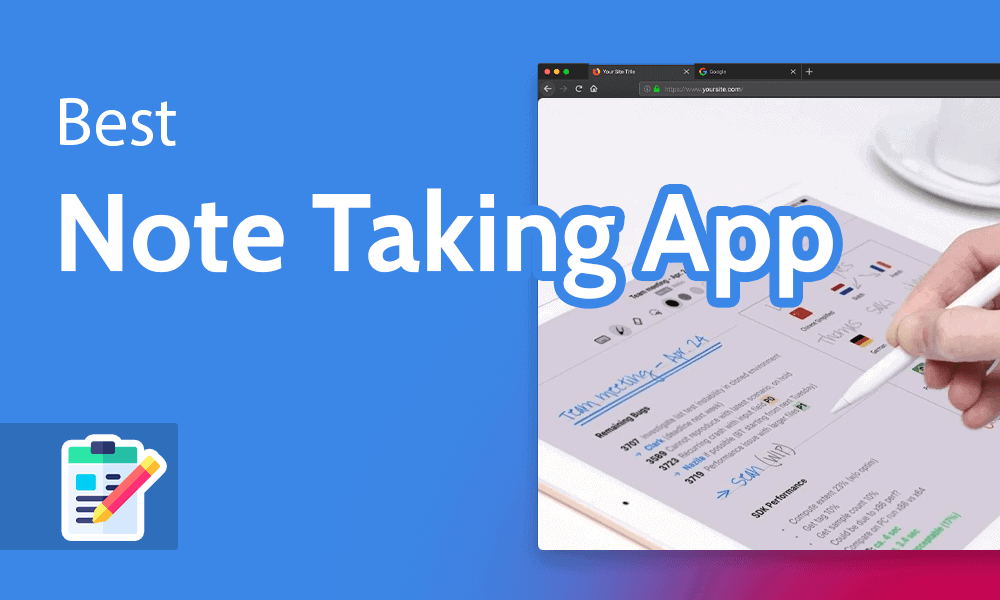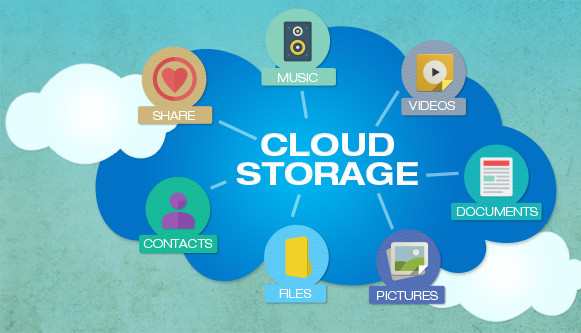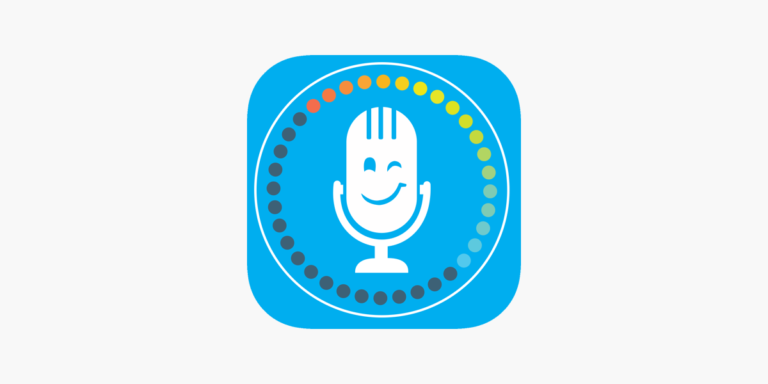5 best Android apps for note-taking
Last Updated on May 27, 2024 by Jhonni Jets
Whether you’re a student, professional, or just love keeping notes on all aspects of your personal and work life, having a good note-taking app on your Android device is invaluable. With the many options available from simple to fully-featured, it can be tough deciding which one is right for your unique needs and workflow. This article reviews 5 of the best Android note-taking apps across a variety of categories to help you choose the perfect digital notepad for your needs.
Evernote
![]()
Evernote is one of the most fully-featured cross-platform note-taking apps available. It offers cloud sync across all your devices so you can access all your notes from any smartphone, tablet, computer or web browser. Notes can contain text, photos, audio recordings, web pages saved for later and more. Powerful search and organization tools make it easy to find anything in your potentially vast collection of notes. Evernote also offers options for formatting text with styles, lists, and more. The free version has generous storage limits while premium subscriptions unlock additional features. For accessibility across all devices and advanced note capabilities, Evernote is hard to beat.
Microsoft OneNote
/cdn.vox-cdn.com/uploads/chorus_asset/file/24145038/new_onenote.png)
Another cross-platform behemoth, Microsoft OneNote provides robust note-taking across Windows, macOS, iOS, Android and the web. Like Evernote, it utilizes cloud sync to keep your notes in sync. OneNote excels at organization with “notebooks”, “sections” and “pages” to break content into logical chunks. Special formatting tools allow embedding images, screen clippings, audio and ink handwriting into notes on tablets. Powerful search brings up relevant content fast. OneNote is fully free to use with basic templates or a Office 365 subscription unlocks additional features. For those invested in the Microsoft ecosystem across work and personal devices, OneNote offers seamless note continuity.
Google Keep

Being made by Google, Keep is deeply integrated into the overall Google ecosystem. Notes are automatically backed up to your Google Drive cloud storage. The app features a clean and simple interface focused on the essentials of note-taking. Users can create basic text notes, lists, photos, audio clips, web pages saved for later and checklists. Keep lacks some advanced features of competitors but excels for its simplicity. Notes are easily shareable via link. Voice commands let you create notes hands-free on Android. Integration with other Google services like Gmail and Google Assistant makes Keep ideal for light note-taking on the go within the Google ecosystem.
Notebook – Notes, Tasks & Reminders
Notebook by Rocket Scientist stands out for its pleasing material design and extensive functionality despite being free to use without premium subscriptions. Notes can contain rich text formatting, lists, photos, drawings and embedded links/files. Robust todo lists and reminders sync across devices. Powerful tags, notebooks and full-text search aids organization. Notebook offers templates for common note types like minutes, recipes and more. The premium “Pro” upgrade unlocks additional cloud sync, backup and privacy features but isn’t required. For a capable note-taking app with full functionality at no cost, Notebook is hard to beat.
Notability
![]()
Notability excels on tablets thanks to its digital paper interface that simulates the experience of taking handwritten notes on an iPad or Android tablet. Write, draw or type into notes that support rich text, attachments, formatting, shape recognition and more. Notability supports cloud sync, handwritten note recognition for searching and built-in audio recording. Premium users can share full notebooks or individual pages. A simple but powerful note organization system and Mac/Windows app complete the experience. For digital note-taking on tablets that mimics real notebooks, Notability is the leader.
In conclusion, there are many excellent note-taking apps available for Android devices that cover a wide range of needs from simple plain text notes to full-featured digital notebooks. Factors like online syncing, organization capabilities, support for rich note elements, private/collaborative options and platform compatibility help determine the best app for each user. As the world continues to rely more on digital notetaking, robust options like Evernote, OneNote and Google Keep provide reliable solutions while more focused tools offer additional power or simplicity.







